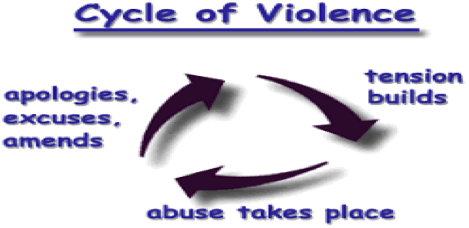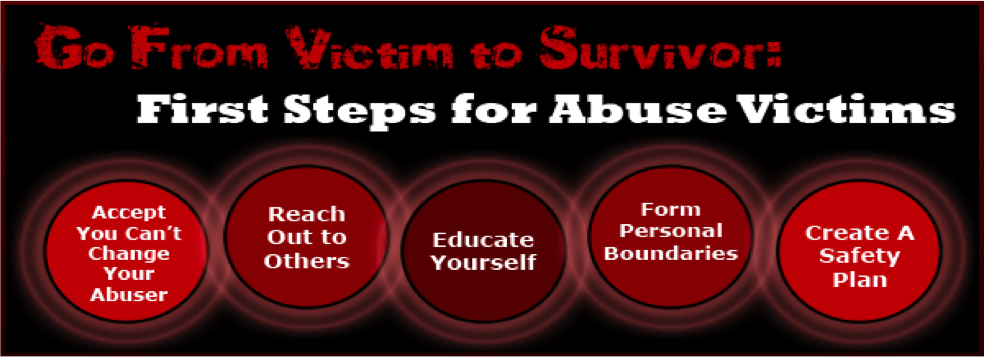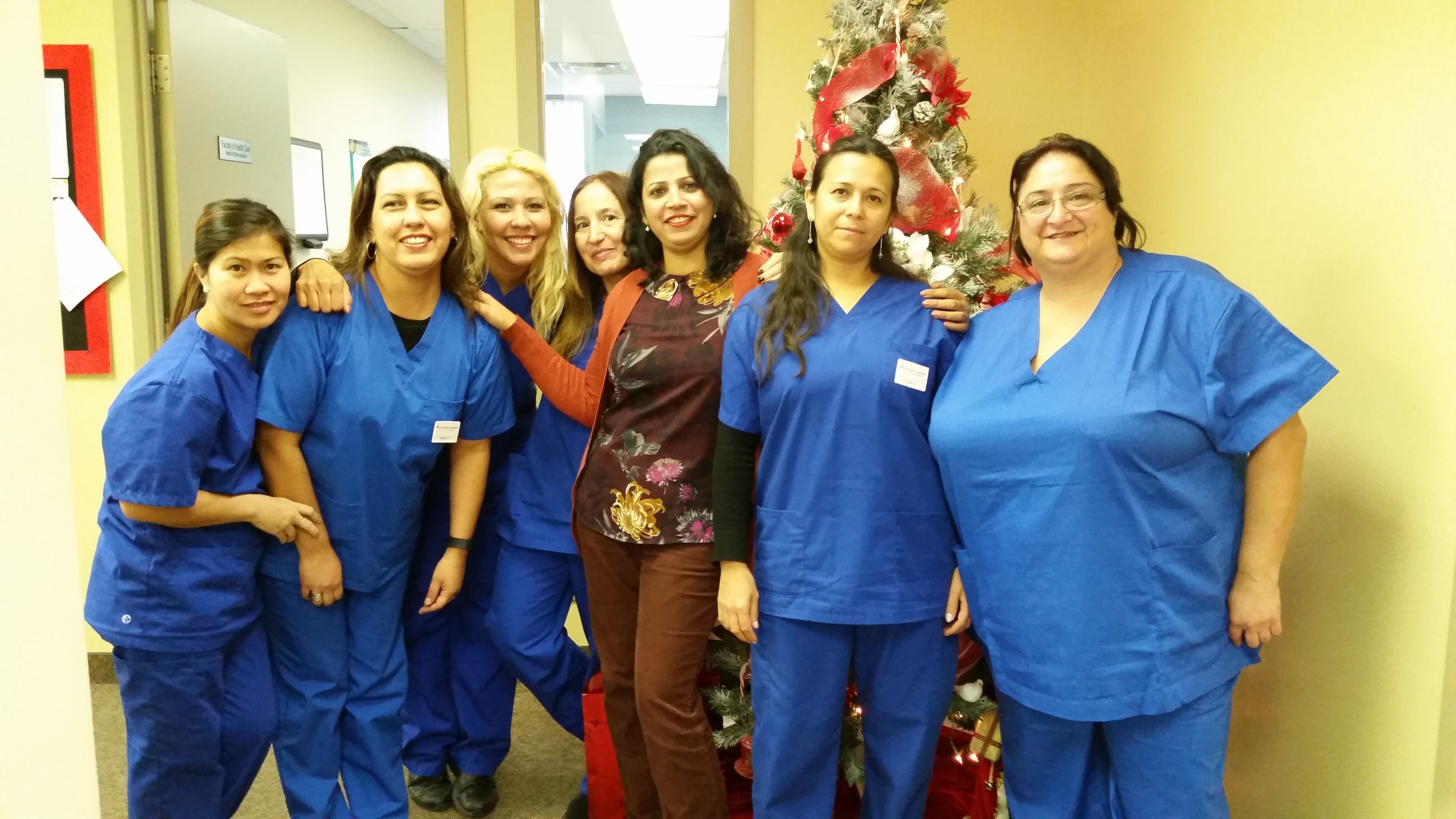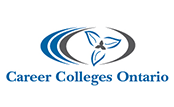Medical Office Assistant dealing with Victims of Abuse
The Medical Office Administration Diploma at Algonquin Careers Academy helps students to learn how to effectively deal with different types of patients in the workplace. The special needs patients and psychology module informs our students on how to deal with patients with various types of disorders and issues such as depression, learning disabilities and victims of violence.
Abuse is when an individual is treated with cruelty or violence, regularly or repeatedly. The abuse happens in a cycle that includes the following phases:

Tension-building stage: Consists of insults and other verbal attacks; minor abusive situations; victim tries to complain and feels helpless.
Violent episode: A built-up tension erupts into verbal/emotional abuse to physical/sexual assault and it can last for few minutes to a few days, depending on the relationship. During this time, one is injured or even killed by the partner.
Honeymoon stage: Following a violent episode the abuser is usually attentive and makes the victim believe they are loved and gives them false hope.
Unless there is some form of intervention, the cycle usually repeats itself with the violent episodes escalating in frequency and intensity.
There are different types of abuse:
- Personal Abuse
- Environmental Abuse
- Social Abuse
- Financial Abuse
- Ritual Abuse
- Physical Abuse
- Sexual Abuse
- Religious Abuse

It is a criminal offence when one abuses
THE SAFETY PLAN
Research and call the appropriate agency in your area. In Brantford call Nova Vita Domestic Violence Prevention Services 519-752-HELP (4357) http://novavita.org/
- Know the quickest route outside the house
- Know the routes to shelters, police station, hospitals, fire stations and public places
- Pack a bag and have it ready
- Tell your neighbor about the abuse and ask them to call the police if they hear any sounds indicating abuse
- Have a code word to use with your children, family, and friends
- Teach your children to call 911
- Use your instincts
- Carry identification, health records, money, bank/credit cards, jewelry, and valuables with you
What are the main responsibilities of a MOA?
Medical office assistants and other medical aids who are employees of doctors are considered to be doctors’ agents. Doctors are likely to be held responsible for the acts of their agents - it is an MOA’s responsibility to be knowledgeable about the rules and regulations that govern the practice of medicine and the consequences that may occur if the rules are not followed.
- If you see a physically abused child patient in the medical clinic, you must report to the doctor any suspicious behavior
- Reports may have to be submitted to the Children`s Aid Society under the Child and Family Service Act (CSFA). Changes to CFSA (March 2000) require that the physician make the report themselves. Reporting responsibilities cannot be delegated
- Confidentiality is very critical in the medical profession. When patients approach your work area, it is important that you are discreet in conversing with them. Do not discuss their illness or reason for seeing the doctor in a voice that may be heard by others in the waiting area.
- If you have a questionnaire that needs to be filled out, have the patient do it themselves and be available for assistance
- Throughout your career as a medical office assistant, you will encounter many “secrets.” You will hear, read and observe things that are extremely confidential. This information MUST NOT be passed on to others.
The position of a Medical Office Assistant is critical in the lines of communication when dealing with victims of abuse.
Blog by Jagroop Randhawa, Medical Office Assistant Instructor, Algonquin Careers Academy, Mississauga



